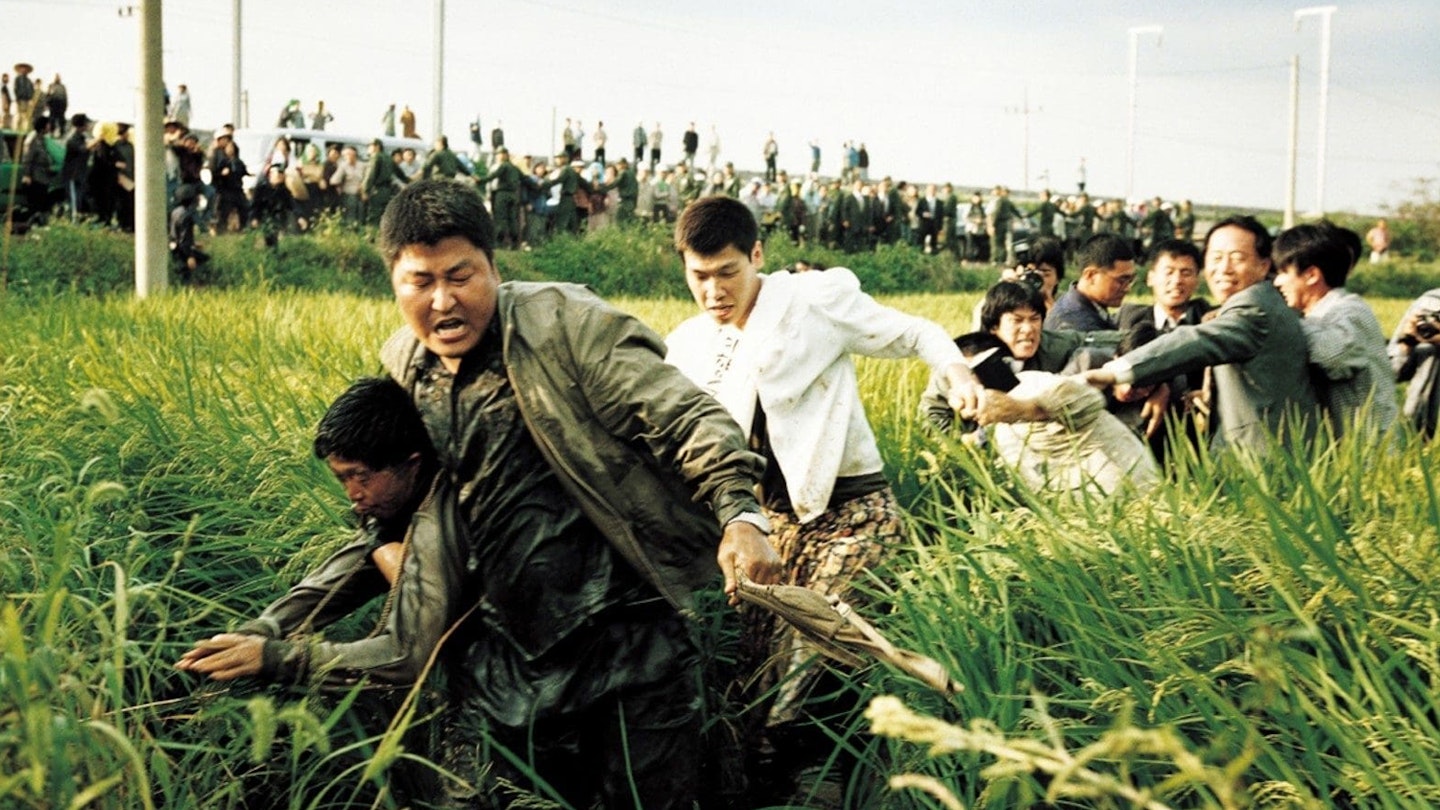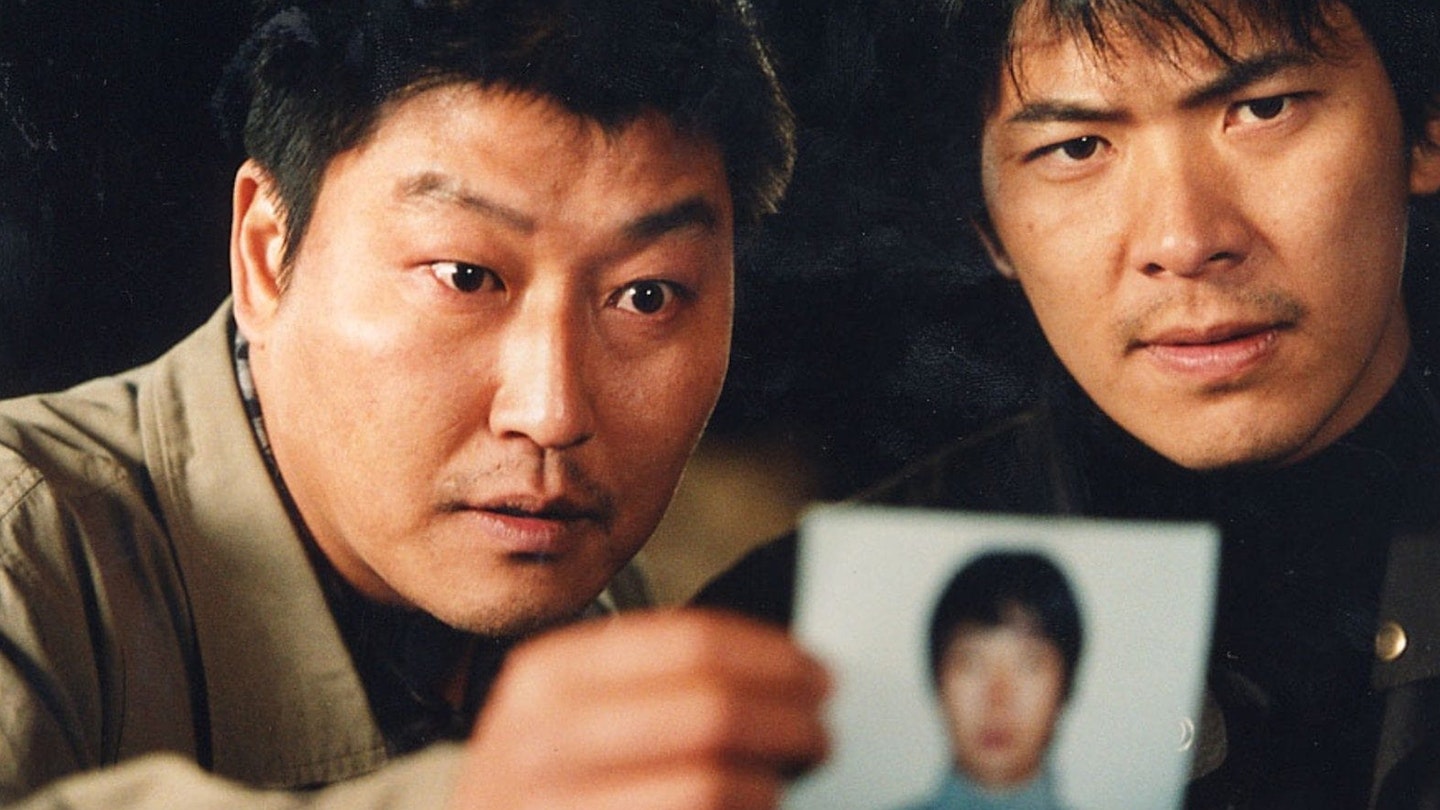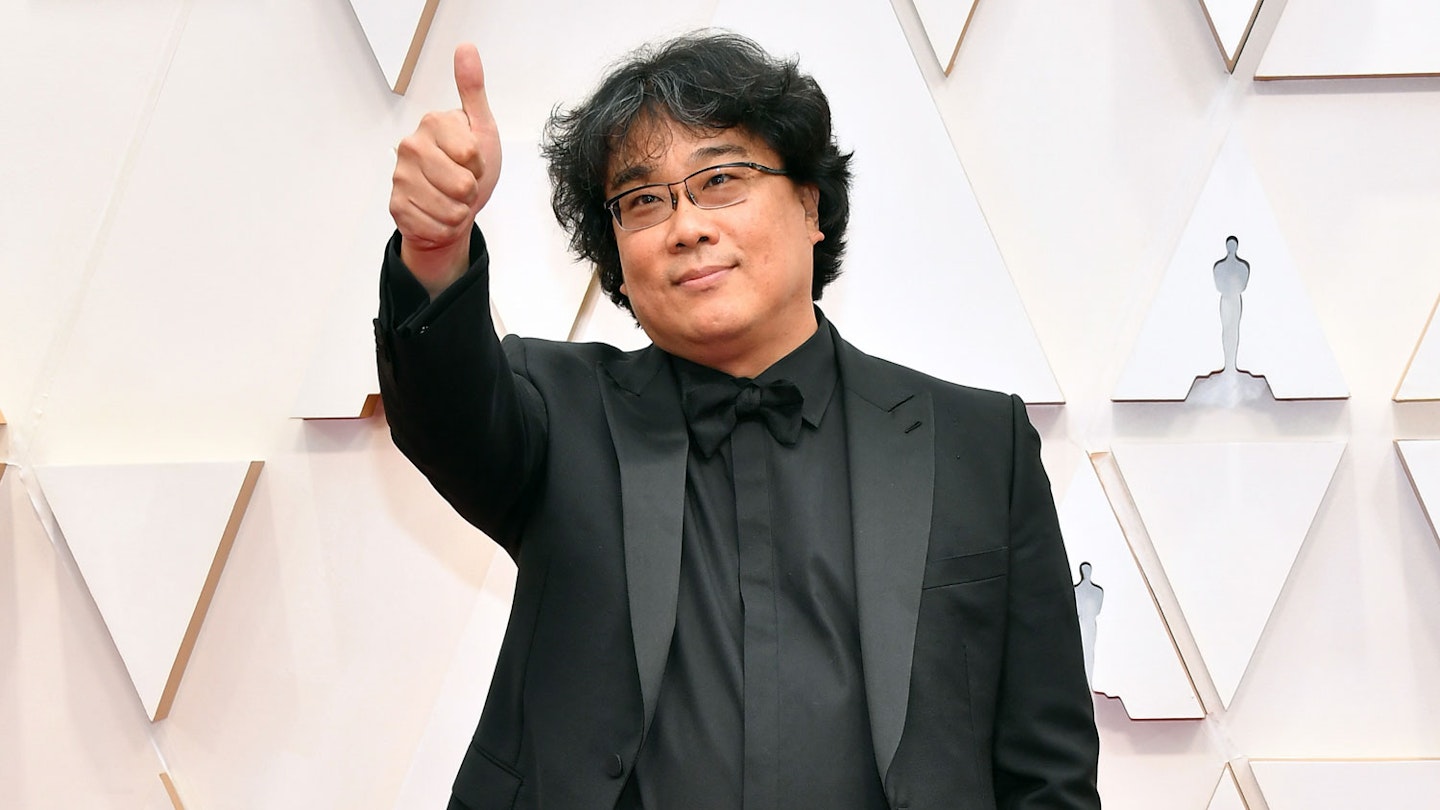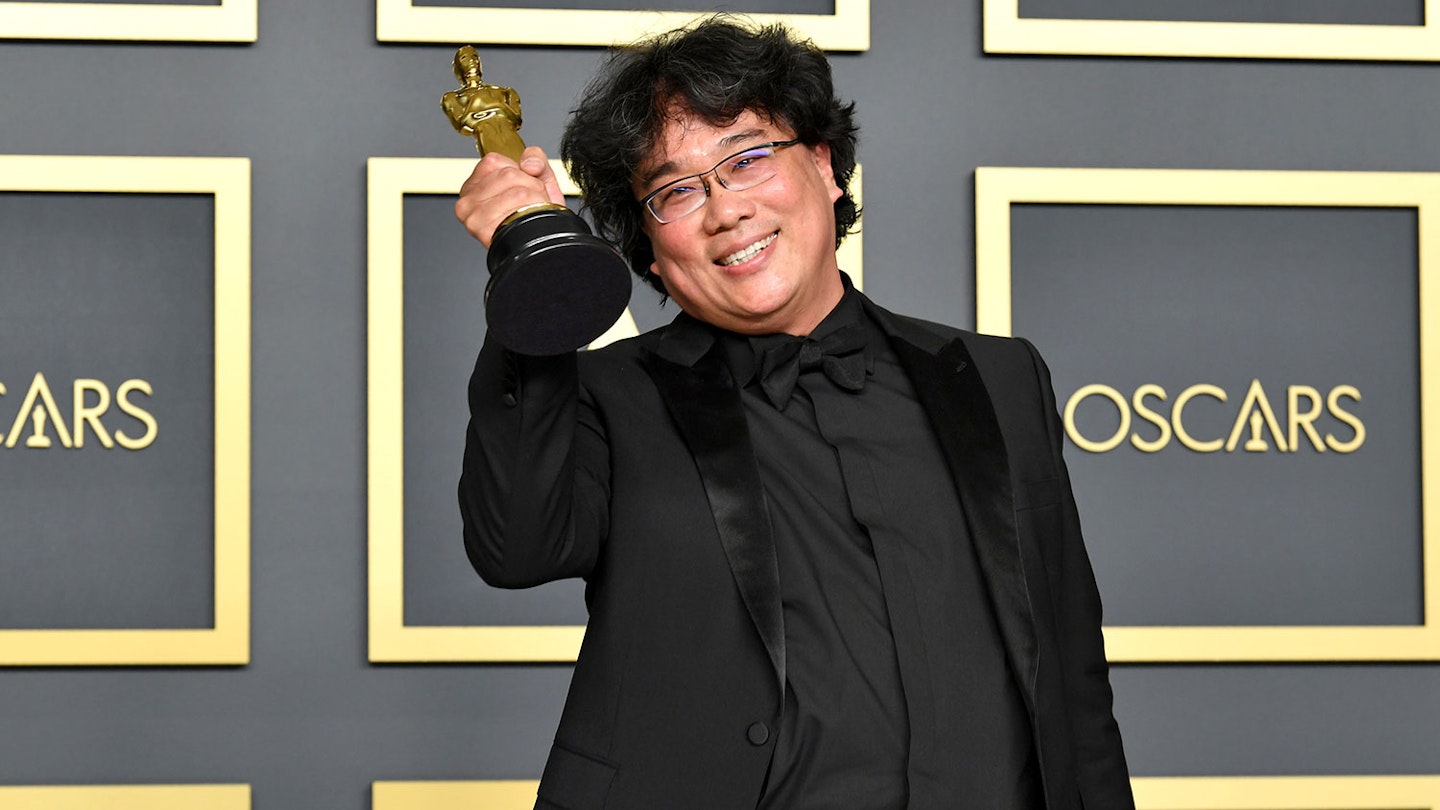Two decades ago, before Bong Joon Ho was an international directing superstar, beloved of audiences, internet meme-makers and Oscar voters alike, he was just another scrappy, hungry auteur of the Korean New Wave. The time is ripe to revisit 2003’s Memories Of Murder, and not just because of Bong’s historic success with Parasite; compared to the rough and ready experimentation of Barking Dogs Never Bite, his debut three years prior, there is a remarkable measure and control to this film, which feels like the first proper hint of the filmmaker he would become.

More of a gritty potboiler than the genre-bending bravado of his later career, Memories Of Murder is fairly straightforward, narratively speaking: there is a serial killer at large, and it’s up to three detectives to find him. The tropes are hard to avoid in a genre like this, but Bong has fun twisting the template.
There are certainly shadows of David Fincher in Bong’s muted palette and stylised violence. But it feels oddly Spielbergian, too.
The cops, for example, are not dogged experts of their vocation but hilariously inept. Lead detective Park Doo-man (played by Bong’s regular talisman Song Kang-ho) claims to have an eye for criminals, and at one point visits a shaman for advice; his partner (played by Kim Roi-ha) is fond of drop-kicking suspects in a rage. A new recruit from the big city, Seo Tae-yoon (Kim Sang-kyung), is parachuted in to lend more professionalism to the investigation, and with it some grudging buddy-cop dynamics. But they’re all hopelessly out of their depth.
Even as evidence and witnesses start to trickle in, the police response to the killer is shambolic; there are no resources to deal with a serial killer in a country that has never experienced one. Tempers are constantly fraying, and many scenes descend into farcical scuffles between cops, suspects, anyone in the vicinity. Bong’s black sense of humour is well-sharpened here; at one point, Park follows a hare-brained theory that the killer is hairless, since no hairs were covered from the crime scene, and subsequently spies on men’s genitals in a bathhouse — looking for the smoking gun of some clean-shaven pubes.
The killer, by comparison, is described as “professional, thorough and polished”, and Bong — who based the fictional story on the real Hwaseong murders, which were only recently solved — shows clear care and attention in giving the violence of each case the shock it deserves. As haphazard as the cops are, there’s a gravity to each murder. There are certainly shadows of David Fincher in Bong’s muted palette and stylised violence. But it feels oddly Spielbergian, too: like Jaws, there’s a deadly, unseen threat, and a chaotic small-town community ill-equipped to deal with it — forced instead to confront its loss of innocence.



